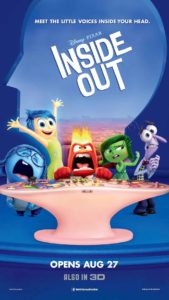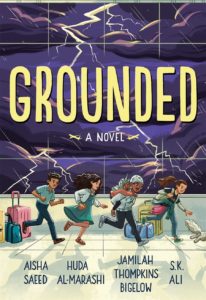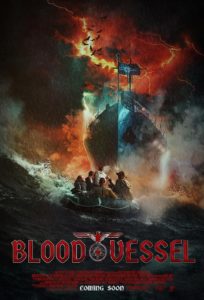 I was prompted by that podcast to watch The Hunger, a movie which inexplicably I’d never even heard of, even though it has David Bowie and Susan Sarandon in a lookalike contest, vying for[1] the affections of an Egyptian vampire. Vampiress? It is usefully descriptive, but I think it may be more reductive than it is descriptive.
I was prompted by that podcast to watch The Hunger, a movie which inexplicably I’d never even heard of, even though it has David Bowie and Susan Sarandon in a lookalike contest, vying for[1] the affections of an Egyptian vampire. Vampiress? It is usefully descriptive, but I think it may be more reductive than it is descriptive.
So anyway, first she loves David Bowie, and then she apparently doesn’t, and then he experiences unforeseen (by him, at least) side effects, and meanwhile in what is maybe too much of a coincidence for how precisely similar Ms. Sarandon is to Mr. Bowie, she (the vampire) meets her (the sister of Chris Sarandon, who also once played a vampire, so that has to be weird at Sarandon family Thanksgivings) and feels-slash-creates an immediate connection to Bowie’s replacement. And then dramatic events unfold, but almost certainly not the ones you’re thinking of. Also, sexy-time events unfold, and these are the ones you’re thinking of, since all vampiresses are lesbians, at least in the movies.
You know what the movie really suffered from? If I hadn’t seen Let the Right One In first. There are some pretty crucial differences, not least of which is that this one is a little less plot driven than that one. Honestly, I think that’s why this was the wrong order. Because if I’m thinking of a Scandinavian movie which had snow as one of the three main characters and yearning for a similar movie to please get on with having something, anything, happen, well, you can see how that’s a bad sign.
It’s not that I didn’t like The Hunger, it’s that it didn’t meet my unjust expectations. If you want to watch a movie in which people mostly stare longingly at each other, punctuated by short bursts of violence and/or medical research, but also all the longing stares are performed by impossibly attractive androgynes?
Come to think of it, that’s every David Bowie movie, isn’t it?
[1] The summary blurbs they put in imdb and atop movies on streaming services, etc., would have you believe this “vying” thing is accurate, but I don’t think it was. Catherine Deneuve seemed strictly serial to me.





